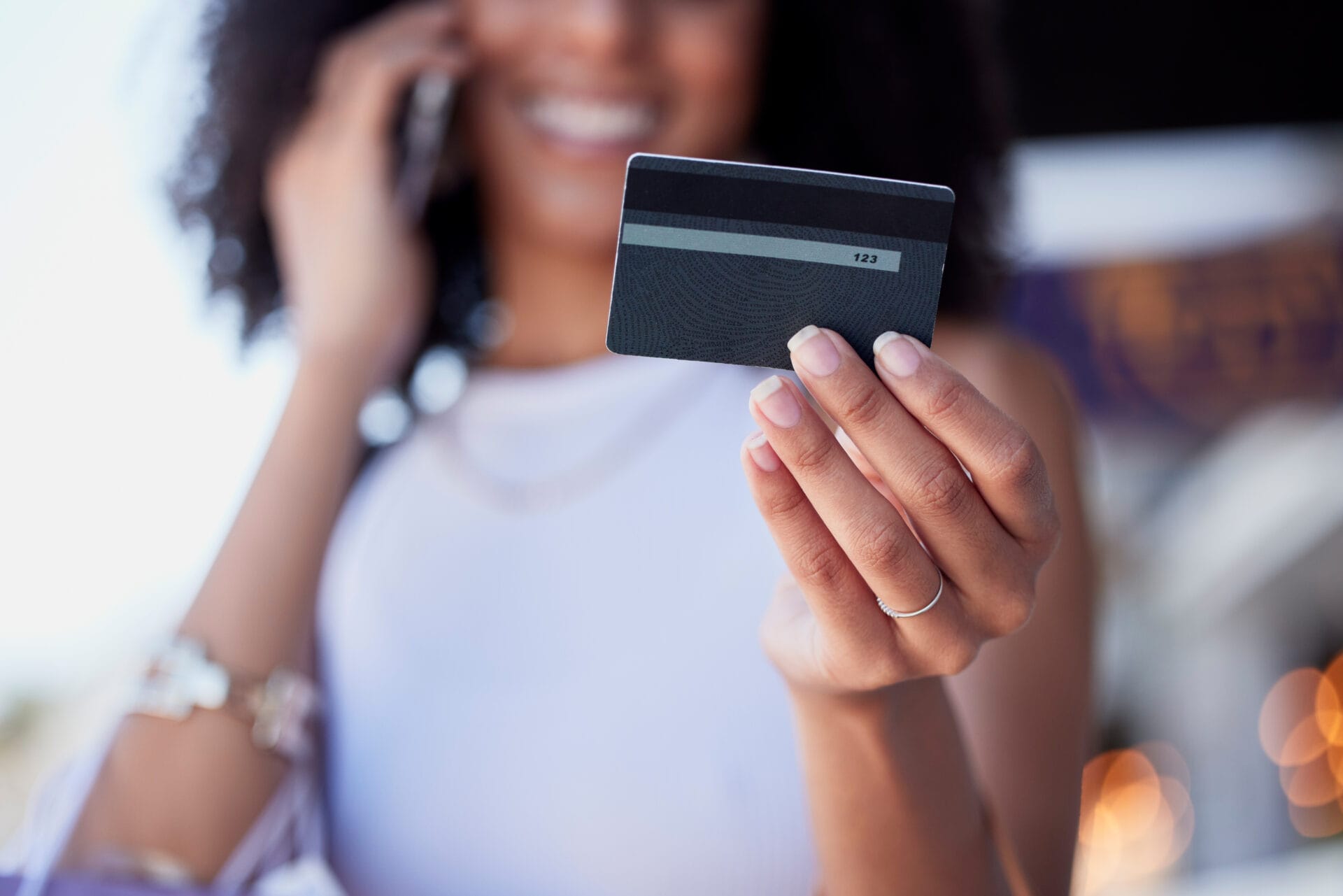Losing your wallet can be a distressing experience, leaving you feeling vulnerable and anxious about potential identity theft and financial losses. That said, having a clear action plan can help alleviate some of the stress associated with such an incident. Below, we’ll explore detailed steps you can take to initiate the recovery process and safeguard yourself against further fraudulent activity.
If you’ve lost your wallet or you suspect your wallet is stolen, you should take steps immediately to protect yourself. Additionally, to reduce the likelihood of long-term consequences, you’ll need to make some more adjustments over time.
